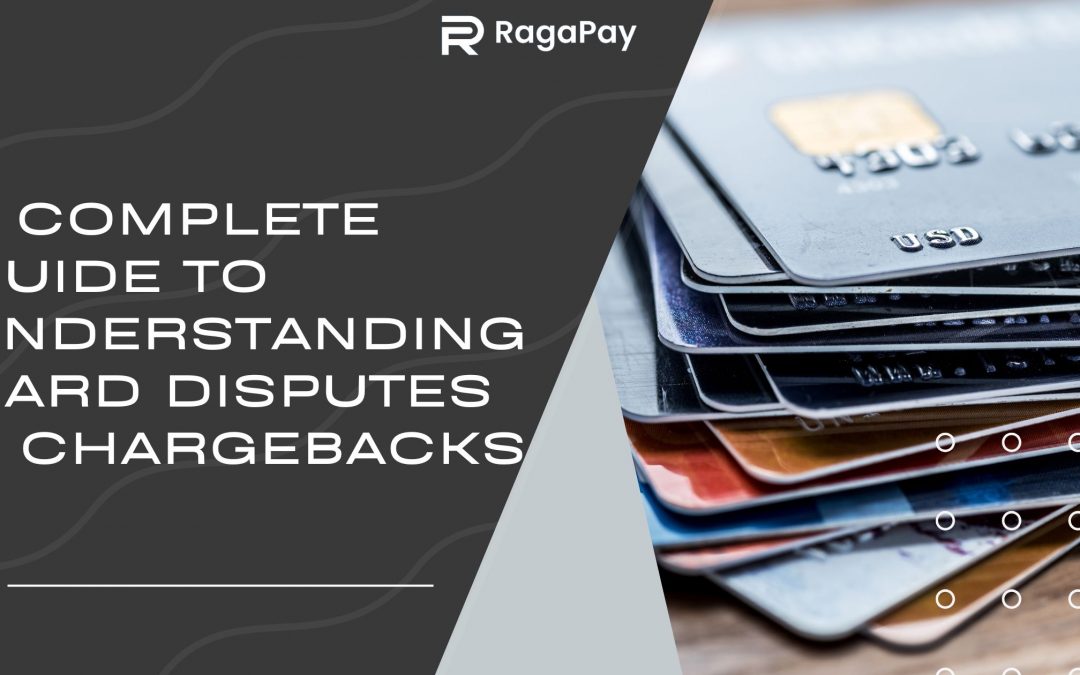Introduction
When it comes to credit card transactions, Card Disputes & Chargebacks are common occurrences that can arise for various reasons. Understanding the process of handling card disputes and chargebacks is crucial for both cardholders and merchants. In this comprehensive guide, we will delve into the intricacies of card disputes & chargebacks, offering a step-by-step overview to help you navigate through these processes effectively.
What are card disputes?
A card dispute refers to a situation where a cardholder identifies an unauthorized or incorrect transaction on their credit card statement. Disputes can occur for various reasons, such as fraudulent activity, billing errors, or dissatisfaction with a product or service. When a cardholder initiates a dispute, it triggers a series of actions aimed at resolving the issue and providing a fair outcome for all parties involved.
Initiating a Card Dispute
To initiate a card dispute, the cardholder needs to contact their card issuer’s customer service. Most card issuers provide many channels, such as phone, online, or mobile apps, to help dispute resolution. It is crucial to act promptly and provide detailed information about the disputed transaction, including the date, amount, and merchant details.
The Investigation Process
Upon receiving a dispute, the card issuer will launch an investigation to gather relevant information from both the cardholder and the merchant. This investigation aims to determine the legitimacy of the disputed transaction and resolve the issue accordingly. During this process, the cardholder need to provide supporting documents, such as receipts, invoices, or correspondence with the merchant.
Temporary Credit
During the investigation period, the card issuer may issue a temporary credit to the cardholder’s account for the disputed amount. This temporary credit ensures that the cardholder is not financially burdened while the investigation is underway. Yet, it’s important to note that this credit is provisional and subject to the final outcome of the dispute.
Resolution and Final Decision
Once the investigation is complete, the card issuer will communicate its decision to the cardholder. If the dispute is resolved in favour of the cardholder, the temporary credit becomes permanent, and the disputed amount is removed from the statement. However, if the decision favours the merchant, the temporary credit will be reversed, and the cardholder will be responsible for the disputed amount.
Understanding Chargebacks
A chargeback is a process initiated by the cardholder’s issuing bank to reverse a transaction and retrieve funds from the merchant. Chargebacks are typically employed in cases of fraud, non-receipt of goods or services, or when a dispute is not satisfactorily resolved through the initial dispute process. Chargebacks act as a last resort to protect the cardholder’s rights and provide a means of recourse.
Initiating a Chargeback
To initiate a chargeback, the cardholder must follow the specific guidelines provided by their card issuer. This usually involves submitting a chargeback request form with detailed information about the disputed transaction and supporting evidence. The card issuer will then conduct an investigation to determine the validity of the chargeback request.
Chargeback Process and Resolution
During the chargeback process, the card issuer will investigate the claim and gather evidence from both the cardholder and the merchant. If the chargeback deemed valid, the funds will return to the cardholder’s account, and the merchant may debit for the disputed amount. But, if the chargeback request is not substantiated, the cardholder will be responsible for the transaction.
Conclusion
Understanding the processes involved in card disputes and chargebacks is essential for both cardholders and merchants. By following the appropriate procedures, providing the necessary documentation, and maintaining open communication with the card issuer, you can navigate through these situations effectively. Remember to act promptly, provide accurate information, and keep records of all interactions to ensure a smoother resolution to card disputes and chargebacks.

